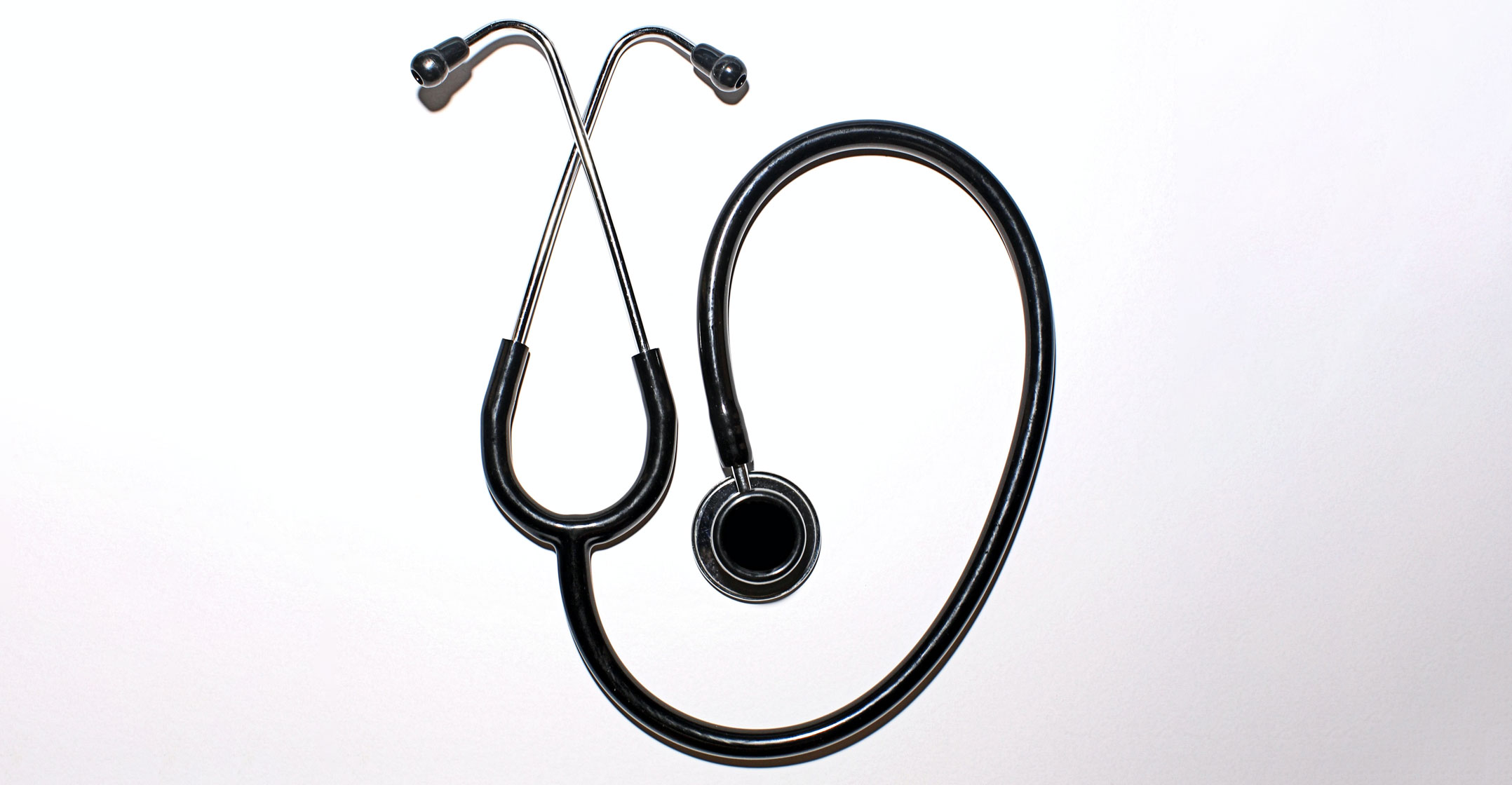 Constant power disruptions and the spiralling cost of electricity have pushed Mediclinic to start generating its own electricity.
Constant power disruptions and the spiralling cost of electricity have pushed Mediclinic to start generating its own electricity.
The hospitals group made the announcement just as President Cyril Ramaphosa said that government is increasing the limit on self-generation of power from 1MW to 100MW and that new “power stations” will soon be able to sell excess electricity to the national grid.
Mediclinic has signed an agreement with Moshesh Partners to install solar photovoltaic (PV) systems at six of its hospitals. The solar systems will generate electricity that will be used by the hospitals directly, with Mediclinic saying that it will save costs and relieve pressure on the national grid.
The group has signed a 12-year power purchase agreement with Moshesh Partners, with the option to extend it to 25 years. Moshesh is a black-owned alternative renewable energy asset manager that raises funds for investment in renewable energy and clean infrastructure in sub-Saharan Africa.
Moshesh launched its first private equity fund, the Moshesh Partners Renewable Energy & Clean Infrastructure Fund I, in 2020 and the Mediclinic solar project will be its first investment. Moshesh will be responsible for the installation and management of the system.
Immediate savings
The project illustrates how the fund can help businesses secure consistent energy supply at predictable pricing from independent and renewable sources, while businesses do not have to invest the capital itself, according to Moshesh.
“Our investment in the project portfolio includes the full installation cost of the solar PV systems, as well as maintaining them to ensure consistent, excellent performance,” says Daniel Palm, chief investment officer and founding member of Moshesh.
“Mediclinic will benefit from immediate and tangible savings, as well as consistent energy supply from a renewable energy source, without having to allocate capital expenditure.”
 Palm says the infrastructure fund is registered in accordance with the Financial Sector Conduct Authority and raises funds from investors such as pension funds.
Palm says the infrastructure fund is registered in accordance with the Financial Sector Conduct Authority and raises funds from investors such as pension funds.
“We are not a BEE company that is being funded by a financial institution to do a project. In addition, we actually were involved in the whole development process of the Mediclinic project – from bid preparation, financial modelling, the negotiation of legal agreements and execution to the monitoring of the actual roll out of the project,” says Palm.
“The power purchasing agreement means that the hospital group will also be protected from excessive power price increases,” he adds.
The six separate installations will have the capacity to generate approximately 4.1GWh/year. The installations will start within weeks, with the largest plants to be installed at Mediclinic Vergelegen and Mediclinic Durbanville.
These installations come at a time when Eskom has warned that load shedding is likely for the next five years, while pushing for very large increases in electricity tariffs. Energy regulator Nersa has already allowed an increase of 15% for the current year.
Threshold
Ramaphosa announced last week that government will amend the Electricity Regulation Act to increase the Nersa licensing threshold for embedded generation projects from 1MW to 100MW.
The amended regulations will exempt generation projects up to 100MW in size from the licensing requirement, whether they are connected to the grid or not. “This will remove a significant obstacle to investment in embedded generation projects,” according to Ramaphosa’s statement.
“Generators will also be allowed to wheel electricity through the transmission grid, subject to wheeling charges and connection agreements with Eskom and relevant municipalities,” he added.

Generation projects will still need to obtain permission to connect to the national electricity grid to ensure they meet all the technical requirements to avoid compromising the integrity or stability of the electricity network.
The statement says that generation projects will however still need to have their registration approved by the regulator to verify that they have met the requirements, and need to receive authorisation to operate.
It’s good news that municipalities will have the discretion to approve grid connections to their municipal networks, as is Ramaphosa’s promise that the final version of the amendment to the relevant legislation will be published by the department of mineral resources & energy within the next 60 days.
“There is no doubt that the prospect of a continued energy shortfall and further load shedding presents a massive risk to our economy,” said Ramaphosa.
He mentioned that South Africa is in the midst of the worst economic crisis in our country’s recent history, which has seen a “dramatic increase in unemployment and hunger”.
Government expects that these changes to legislation will unlock significant investment in new generation capacity in the short and medium term as businesses will be able to install their own generation systems to generate their own electricity.
Falling to pieces
“This, in turn, will increase the available supply of energy and reduce the burden on Eskom, allowing Eskom to proceed with its intensive maintenance programme and reduce its reliance on expensive gas and diesel turbines,” according to the government announcement.
Research by Moshesh has found that infrastructure in Africa is falling to pieces. The continent’s infrastructure currently lags well behind that of the rest of the world, with some 30% in a dilapidated condition.
It notes that there is vast opportunity for investors. “There is widespread recognition of the vast business opportunities on the continent as a growing consumer market, as well as the vast opportunities for infrastructure investment and development,” says Moshesh.
 It quotes a PwC report that predicted that infrastructure spend in Africa is estimated to grow to US$180-billion/year by 2025, saying that renewable energy and embedded generation systems have the potential to provide good returns for investors.
It quotes a PwC report that predicted that infrastructure spend in Africa is estimated to grow to US$180-billion/year by 2025, saying that renewable energy and embedded generation systems have the potential to provide good returns for investors.
“Having access to onsite clean, affordable energy will help Mediclinic manage its energy costs while helping us reduce the group’s carbon footprint – a key priority for our business,” says Kobus Jonck, Mediclinic’s GM of infrastructure.
For patients, it is reassuring that the lights won’t go off halfway through heart surgery.
- This article was originally published on Moneyweb and is used here with permission

